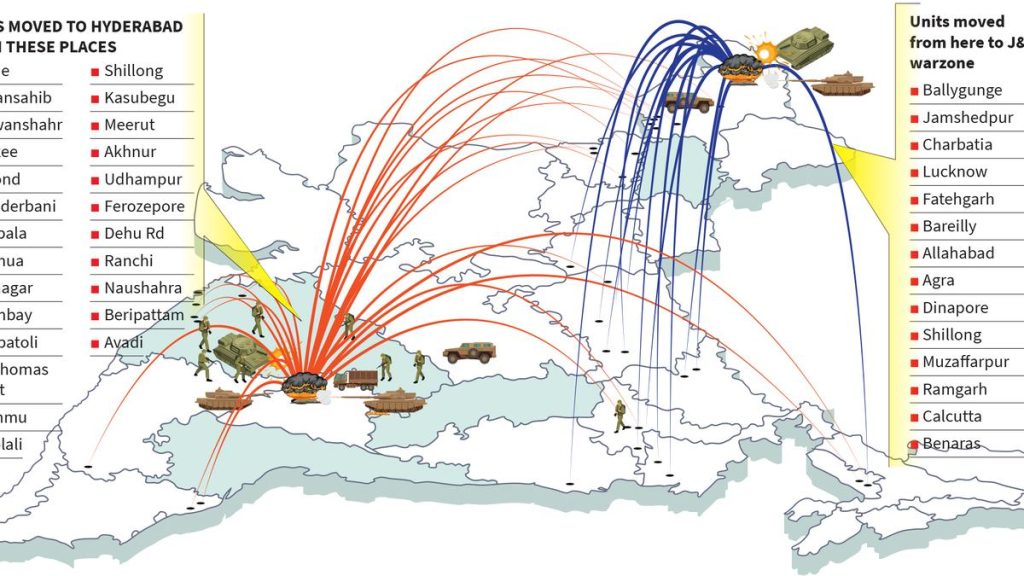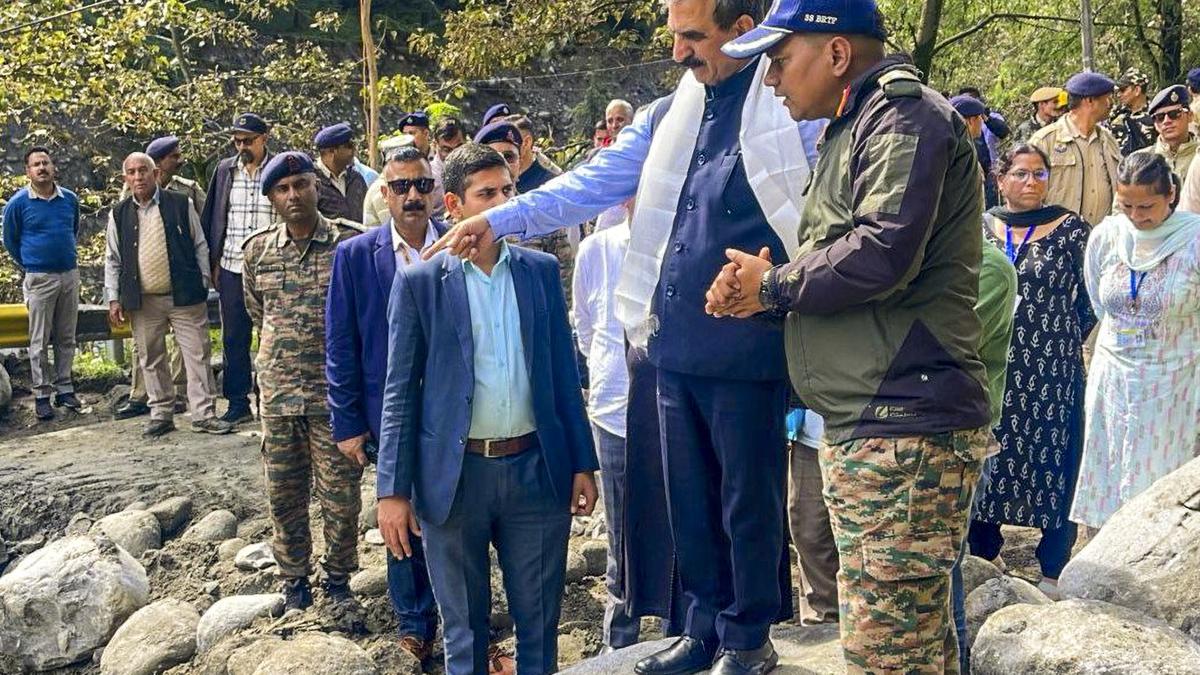Now Reading: Centre Calls for Probe into Alleged Irregularities in Kali Tiger Reserve Relocation
-
01
Centre Calls for Probe into Alleged Irregularities in Kali Tiger Reserve Relocation
Centre Calls for Probe into Alleged Irregularities in Kali Tiger Reserve Relocation

Fast Summary
- The Union Ministry of Environment, forest and Climate Change (MoEF&CC) has instructed Karnataka’s Principal Chief Conservator of Forests to investigate alleged irregularities in the relocation of forest dwellers from Kali (Dandeli-Anshi) Tiger Reserve.
- Activist V.M. Pramod filed a complaint alleging misuse of CAMPA funds, statutory violations, illegal relocations, and bypassing gram sabha consent required under the Forest Rights Act (FRA) and CAF Rules, 2018.
- The project costing ₹152 crore aimed to relocate approximately 450 families from forest areas in Uttara Kannada district.
- Allegations include relocation benefits being extended to non-entitled individuals such as encroachers; procedural lapses like lack of social impact assessments; absence of obvious beneficiary identification; and failure to ensure voluntary relocation or self-reliant verification.
- The complainant requested halting CAMPA fund disbursements for the relocation until an independent high-level inquiry involving various stakeholders is conducted.
- Additional concerns were raised regarding proposals for trekking routes in vacated areas that may contradict conservation goals outlined by FRA and NTCA guidelines.
Indian Opinion Analysis
The complaints about alleged irregularities concerning the Kali Tiger Reserve relocations highlight critical gaps in governance related to conservation projects. Misuse or inefficient allocation of CAMPA funds risks undermining public trust while posing notable challenges for both ecological conservation and human rights protections. Alleged procedural lapses-such as bypassing gram sabha consent and questionable beneficiary selection-contradict established legal safeguards under FRA, Wildlife Protection Act, 1972, and NTCA guidelines.
If these allegations are substantiated during investigation attempts initiated by MoEF&CC or Karnataka state authorities, it could set significant precedents not only for future relocations but also greater scrutiny over sustainable tourism developments like proposed trekking routes in protected zones. Balancing ecological priorities with ethical treatment of affected communities remains pivotal for India’s environmental policy landscape.
Read more: Link
























